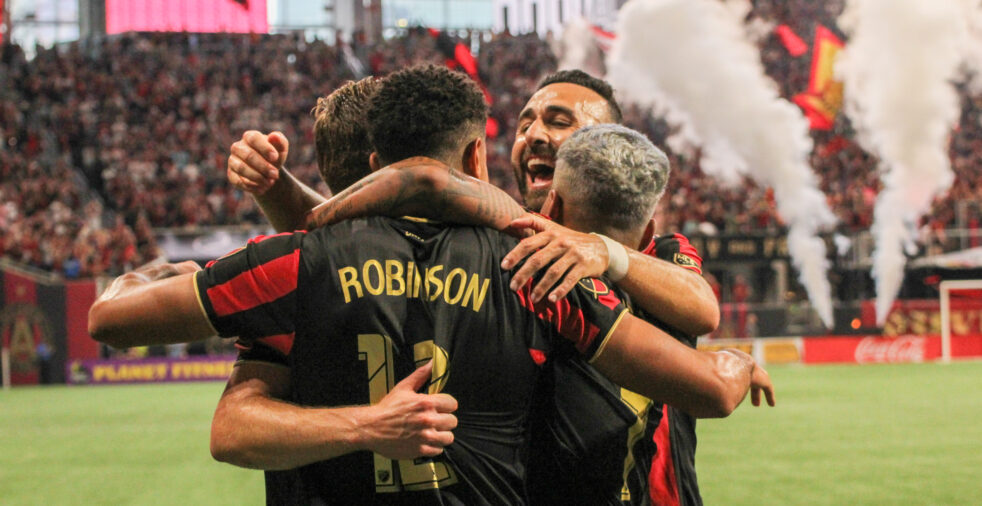The uniqueness of the professional sports landscape in 2020 went to another level this past week, as over the course of hours, multiple sports teams in different teams across the country decided to boycott their games in response to the police shooting of Jacob Blake in Kenosha, Wisconsin.
The idea began to gain momentum on Tuesday, August 25, when there were rumors from Orlando, the site of the NBA playoffs, that the Toronto Raptors were considering boycotting Game 1 of their Eastern Conference semifinals series against the Boston Celtics. Several players in the Orlando bubble spoke about their anger over the events in Kenosha and their frustration with the reality of the bubble which was intended to isolate from the rest of the world.
That same day, the Detroit Lions chose to not hold practice and instead join together to protest police brutality.
Events came to a head the next day, on Wednesday the 26th. The Milwaukee Bucks and Orlando Magic were scheduled to face off at 4:00 that afternoon in the first of three playoff games. When the time came for the teams to take the court for pregame warmups, the Bucks remained in their locker room. Eventually, the Magic players left the floor, followed shortly thereafter by the game referees. Milwaukee is about 45 minutes north of Kenosha. This unexpected decision led the NBA to postpone all three games that day.
The Bucks’ decision had a domino effect throughout American sports. In MLB, the Milwaukee Brewers chose not to play their game against the Cincinnati Reds, and two other baseball games were also not played as scheduled.
The WNBA postponed the three games they had scheduled for that day, including the Atlanta Dream’s game against the Washington Mystics. And, after advancing to the semifinals of the Western & Southern Open, women’s tennis superstar Naomi Osaka announced later that evening that she was withdrawing from rest of the tournament in protest.
Closer to home, Atlanta United became the first team in MLS to join the boycott when they agreed not to play their scheduled match that night with Inter Miami FC. The belief had initially been that the game would move forward after Nashville FC and Orlando FC kicked off earlier that evening. However, upon taking the pitch, the players on both sides decided not to play.
Shortly after, MLS announced they had decided to postpone all five matches that had not yet begun. Nashville and Orlando completed their game, a 3-1 victory for Orlando. United released a statement that night that read the following: “We stand in solidarity with the Black Community, with our players, our city and our fans in the fight against injustice. We must use our voices to be the change.”
The following day, several NFL teams announced they would cancel team practices, and the NHL postponed their playoff games as well. A handful of MLB games were also postponed.
Following the Bucks’ decision to boycott their game, the future of the NBA season was very much in doubt. Frustrations with the reality of the bubble and the wear of the forced isolation created a raw emotional environment, multiple players considered protesting the rest of the season and simply walking out of the bubble.
However, after holding a players-only meeting on Thursday morning, the decision was made to proceed with the season. Another meeting between players and team owners was held on Thursday to create a plan for addressing the issues of racism and police brutality moving forward. The NBA announced several new initiatives that were established as a result of the three-day boycott including the creation of a social justice advocacy committee and the conversion of NBA arenas into voting stations.
The COVID-19 pandemic rocked the sports world, and the heightened awareness surrounding issues of racial justice has continued to transform how people perceive sports, and how athletes participate (or in some cases, refuse to participate) in them. August 26th was exactly four years to the day after Colin Kaepernick first knelt for the national anthem. Time will tell if the events that occurred across the nation that day will have a similar impact.
